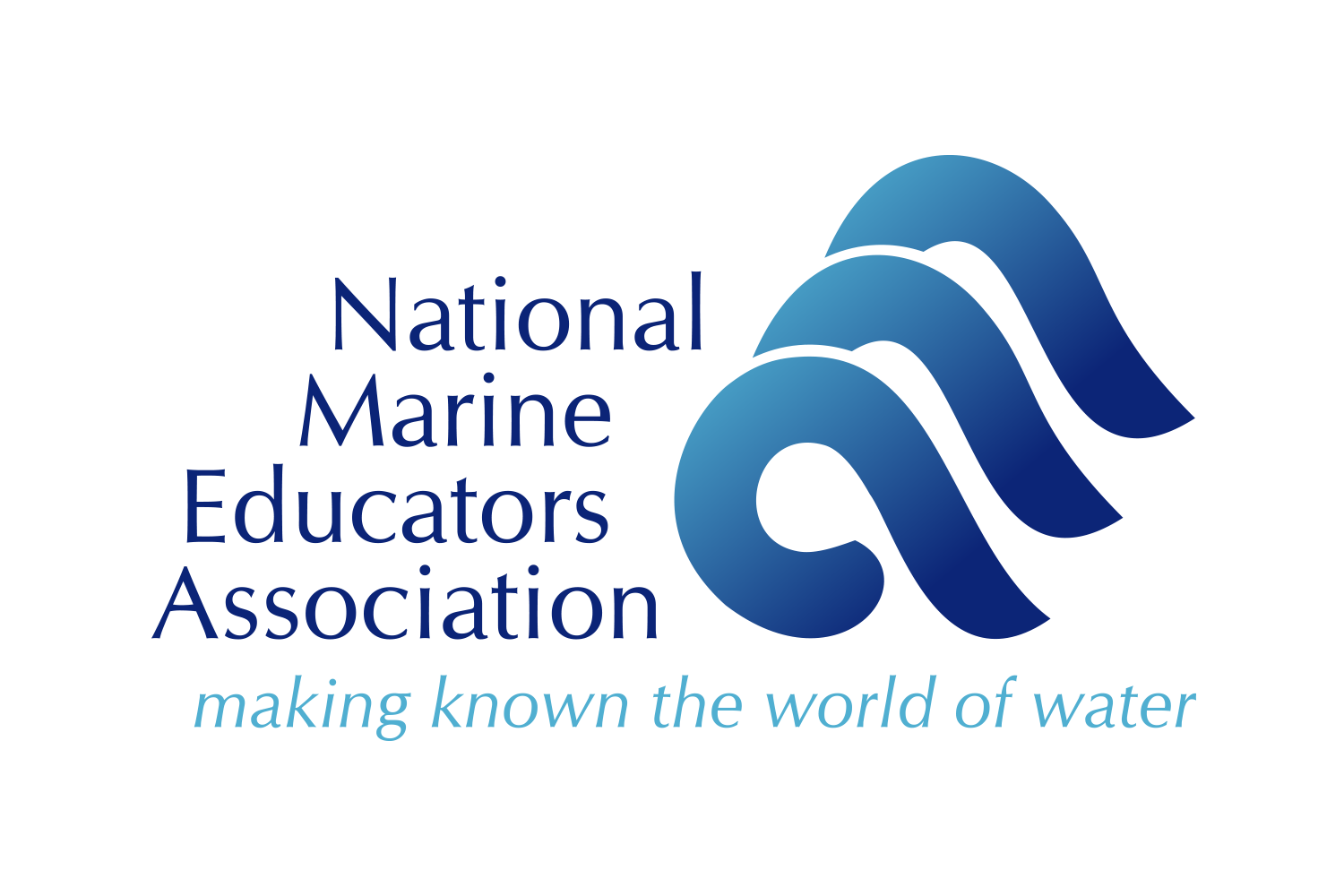December featured student mentor—Joanna Philippoff
Our December featured mentor is Joanna Philippoff, Assistant Specialist at the University of Hawai‘i at Mānoa, College of Education, Curriculum Research & Development Group (CRDG). Joanna is a faculty member specializing in science education in the Curriculum Research & Development Group in the College of Education at the University of Hawai‘i at Mānoa. She designs, implements, evaluates, and does research on and about science education—particularly teacher professional development and science curricula projects. Most of her work has focused on marine science topics. She has worked in the field for the last ten years, holding her current position for the last 5 years.
When asked what she loves most about her job, Joanna says,
“I love working and learning with all of the people I get to interact with as part of my job—K–12 students, undergraduates, graduate students, teachers, and colleagues. I love having one foot in science and one foot in education and helping to connect these two disciplines. I love getting to play a role in conceptualizing programs and research questions and sharing the findings of projects with others. I also love getting outside and teaching and learning with others about our amazing environment—especially the Hawaiian intertidal!”
Joanna holds a bachelor's degree (B.A.) in biology from the University of Delaware (minor in psychology) and a master's degree (M.S.) in zoology from the University of Hawai‘i at Mānoa. She is currently finishing her Ph.D. in educational psychology, with her dissertation on the long-term effects of a teacher professional development program in aquatic science. When asked why she selected these schools, Joanna responded, “The University of Delaware was actually my "safety" school, but I ended up loving it! I am so happy I went there! Some of the reasons it was a good fit for me are that it was close (but not too close!) to New Jersey where my parents lived. I was able to secure some scholarship money, and the honors program offered the option of some smaller classes. There was also a marine science campus, and they had a great undergraduate research program. I ended up doing a semester-in-residence at the marine science campus, and the undergraduate research program funded two summers of research at the Hawai‘i Institute of Marine Biology (HIMB)—which is where I fell in love with marine science. I did my Master's degree research at HIMB on urchin herbivory. While a master's student I realized I loved science but I loved teaching others about science even more.” Joanna adds, “As a full-time employee of the University of Hawai‘i I am able to take a limited number of credits each semester for free—thus doing my PhD at the University was a no-brainer. (Note: It is common for graduate students to have teaching or research positions that pay a stipend and allow you to attend the school for free! But, I wasn't interested in a graduate position as I already have a full-time job.) I'm getting my doctorate in educational psychology because I was attracted to the program's focus on evaluation and statistics, and I am very interested in questions like—how do we know something in education works? What is the evidence?”
Joanna has three points of advice for her younger self,
“Although it might seem intimidating to ask, most people love to talk about what they do! Have a simple icebreaker (e.g., What do you like about your job? What advice do you have for someone who is interested in a career like yours?) in your back-pocket. It might be awkward to ask the first few times but the more you ask, the better you'll get!”
“Pursue what you are interested in right now! Your interests might change—that's OK! You'll learn more what you like (and just as importantly, what you don't like). This is knowledge about yourself that you can use to make choices in the future.”
“If you are thinking about going to graduate school, make sure you have a good idea why you want to go (e.g., What career you might be interested in, and what the degree expectations are for this career). Graduate school can be really challenging—it helps to have a clear idea what you are working towards so you'll have a well of motivation to draw from! Also, take the time to find a graduate school mentor you really mesh with. Meet with them (in-person or virtually!), ask them questions—like how they approach mentoring, ask other graduate students who work with them what they are like. But, if after you are accepted you learn the fit isn't good—know you can always switch!”
Joanna adds,
“There are so many different careers in aquatic science! Marine educators (including members in NMEA!) are science researchers, education researchers, science communicators, and formal and informal teachers at all levels (elementary to college!). They work at universities and aquariums and nonprofits and for federal and state agencies. If you love marine science—there is a place for you!”
Interested in connecting with Joanna for more information or advice? NMEA Student members are given the opportunity to connect with our student mentors! Email us to find out how to become a student member: students@marine-ed.org.

